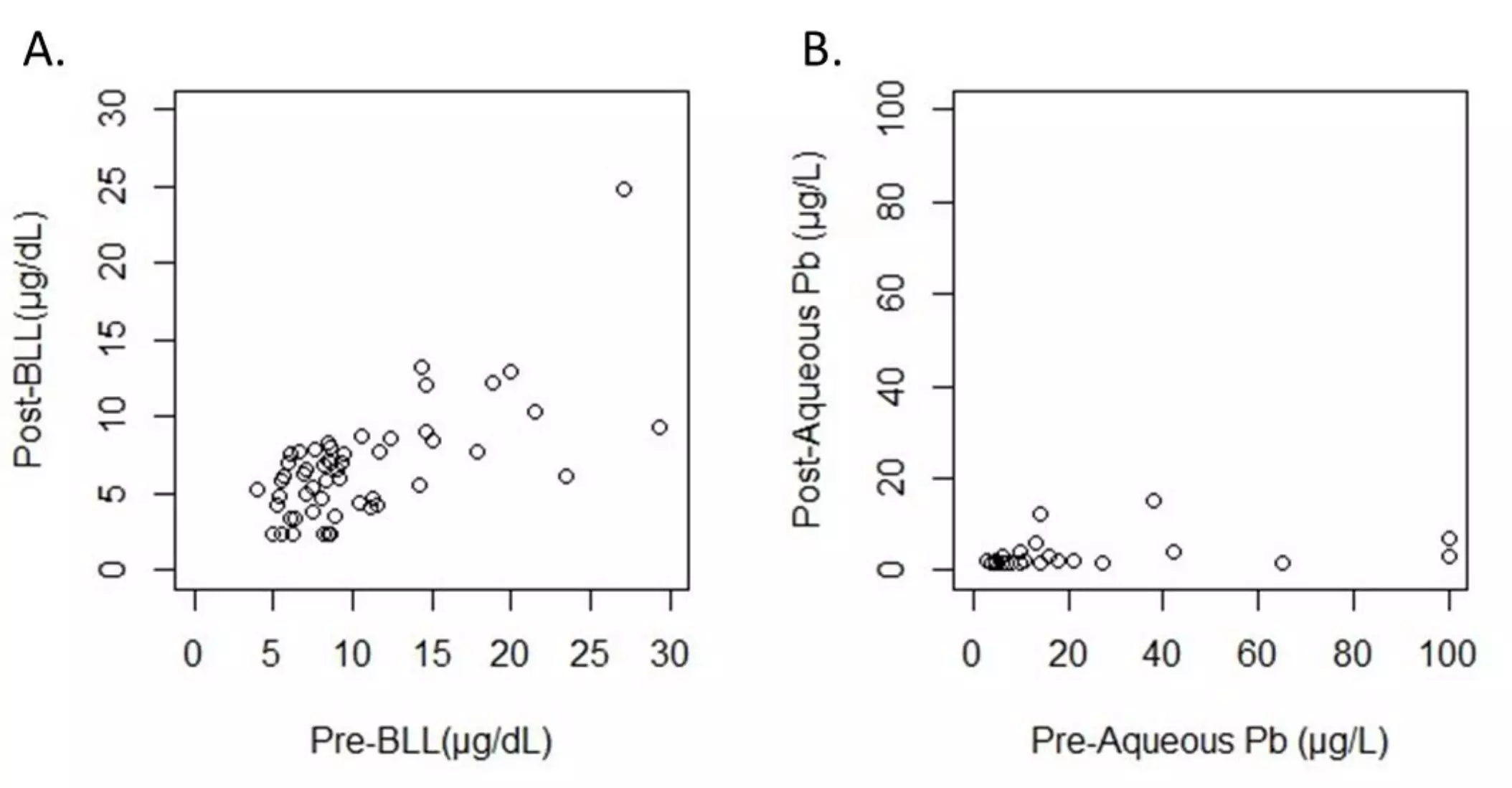In a groundbreaking effort, a team of engineers and public health experts from the University of South Florida (USF) has successfully aided the residents of Toamasina, Madagascar in reducing their exposure to lead. Lead, known to be a major global environmental pollutant causing over 1 million premature deaths annually, has long been a concern worldwide. However, the USF researchers took a unique and effective approach to tackle this issue, resulting in a significant decrease in blood lead levels for the children of Toamasina.
During their study in Toamasina, Professor James Mihelcic, along with his students from the International Development Engineering Program at USF, uncovered a disturbing fact. The water pumps being used in the city were manufactured using old car batteries, which contain high levels of lead. Water samples tested at USF revealed concentrations of lead that far exceeded the recommended limit set by the World Health Organization. This raised serious concerns as the contaminated water was being used by local families for drinking and cooking, putting them at risk of lead poisoning.
Replacing all the lead components in the pumps immediately was an enormous challenge due to cost and logistics. To overcome this hurdle, Mihelcic and his team collaborated with Associate Professor Mahmooda Khaliq Pasha, an expert in public health and social marketing. Using social marketing strategies, they aimed to educate and change the behavior of the technicians responsible for manufacturing and repairing the pumps.
Through this approach, technicians were trained on the dangers of lead and the benefits of creating lead-free pumps. By helping them understand how to remove and replace the leaded pump components, the researchers empowered the technicians to make a significant impact in reducing lead exposure. This strategy was not only more cost-effective but also ensured that the education reached a larger population of technicians, thus enhancing the potential for lasting change.
To assess the success of the intervention, local health practitioners collaborated with the researchers to measure the blood lead levels of children who consumed water from the pumps before and after the leaded pump components were replaced. Of the 55 children tested, a remarkable 87 percent experienced a significant decrease in blood lead levels after the intervention.
For instance, one child had an initial blood lead level of 11.3 micrograms per liter, which dropped to 4.7 micrograms per liter after the intervention. These findings serve as evidence that addressing lead in drinking and cooking water is a crucial step in preventing lead exposure in low- and middle-income countries like Madagascar.
The success of this initiative highlights the importance of considering social aspects in public health. Lead contamination is not solely an engineering or technical problem. The collaboration between engineers, public health experts, and local technicians is a testament to the multidisciplinary approach required to tackle complex environmental challenges effectively.
This USF initiative in Toamasina, Madagascar, stands as a shining example of how scientific research and innovative problem-solving can improve lives and protect communities. By addressing the lead contamination issue, the team has made a significant contribution to reducing lead exposure and improving the overall health and well-being of the residents. The success in Toamasina offers hope for similar interventions in other areas affected by lead contamination, ultimately moving us closer to a safer and healthier world for all.



Leave a Reply